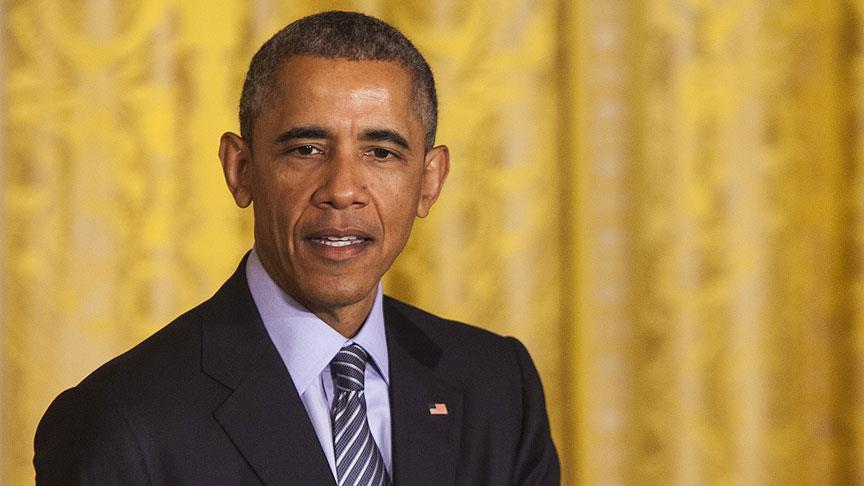
By Todd Crowell
TOKYO
Barack Obama will become the first sitting United States president to visit the site of the world’s first atomic bombing when he visits Japan at the end of the month to attend a meeting of the G-7 economic powers.
The proposed visit to Hiroshima, long gestating in the halls of the White House, was officially announced earlier this week. No U.S. president has visited the site since the atomic bombing 71 years ago.
The presidential spokesman was clear in stating that Obama did not intend to make any kind of apology for the bombing. Japanese officials, including the mayor of Hiroshima, have said that none is expected.
Aside from that, very few details about the planned visit have been made public. Will he lay a floral wreath at the cenotaph; will he meet and speak with survivors of the attack; will he give a speech or even answer questions from journalists?
According to the Japan Times this week, Obama will not give a formal speech, though he may give a statement.
Japan's Prime Minister Shinzo Abe will accompany the president on his visit. That would be a feather in the prime minister’s cap, in that he has done what others could not do.
On the other hand, he might worry that the visit might vastly overshadow the G-7 meet.
Abe has put a lot of store in the meeting, which Japan is hosting. He spent the first week of May touring major European capitals to lay the groundwork. He personally chose the venue, Ise Shima -- a place at the heart of Japanese myths about the origins of Japan.
Inevitably, there will be a post-meeting press conference, where virtually all of the questions will likely concern the historic Hiroshima visit, not the nuts and bolts of global economics policy -- even if the conference is “restricted” to questions about the meeting.
Obama and his minions no doubt anticipate the “Truman Question” – "Mr. President if you were in President Truman’s position, would you have ordered the bombing?"
It is hard to answer that question without offending either Japanese or American veterans. One can be sure that Obama’s speech writers have given a lot of thought to how the president might respond – probably saying that he wanted to look to the future and not speculate on the past.
The number of actual veterans of World War II, military and civilian, is rapidly dwindling, but it still mostly an article of faith among Americans that the bombings were necessary to bring the war to a quick close without having to actually invade Japan.
In a kind of trial balloon, U.S. Secretary of State John Kerry visited Hiroshima in April joining the other G-7 foreign ministers in honoring the victims of the attack. The visit attracted very little interest or controversy in a country that is absorbed in a presidential campaign.
Of course, there were differences between the Kerry visit by a functionary, no matter how exalted, as part of a group and the singular visit by a U.S. president, with a lineage tracing directly back to President Harry Truman who authorized the bombings in August, 1945.
Obama will likely see the visit as a suitable cap to a presidency that began with a major speech in Prague calling for an end to nuclear weapons (for which he won the Nobel Prize for Peace). He has also shown an interest in breaking other taboos such as his visits to Myanmar and Cuba.
There is speculation in the Japanese press that Abe may reciprocate Obama’s gesture by personally visiting Pearl Harbor, where Japan opened the World War II conflict with America with a surprise attack.
No Japanese premier has visited the memorial to the 2,000 who died then, or apologized.
Anadolu Agency website contains only a portion of the news stories offered to subscribers in the AA News Broadcasting System (HAS), and in summarized form. Please contact us for subscription options.

